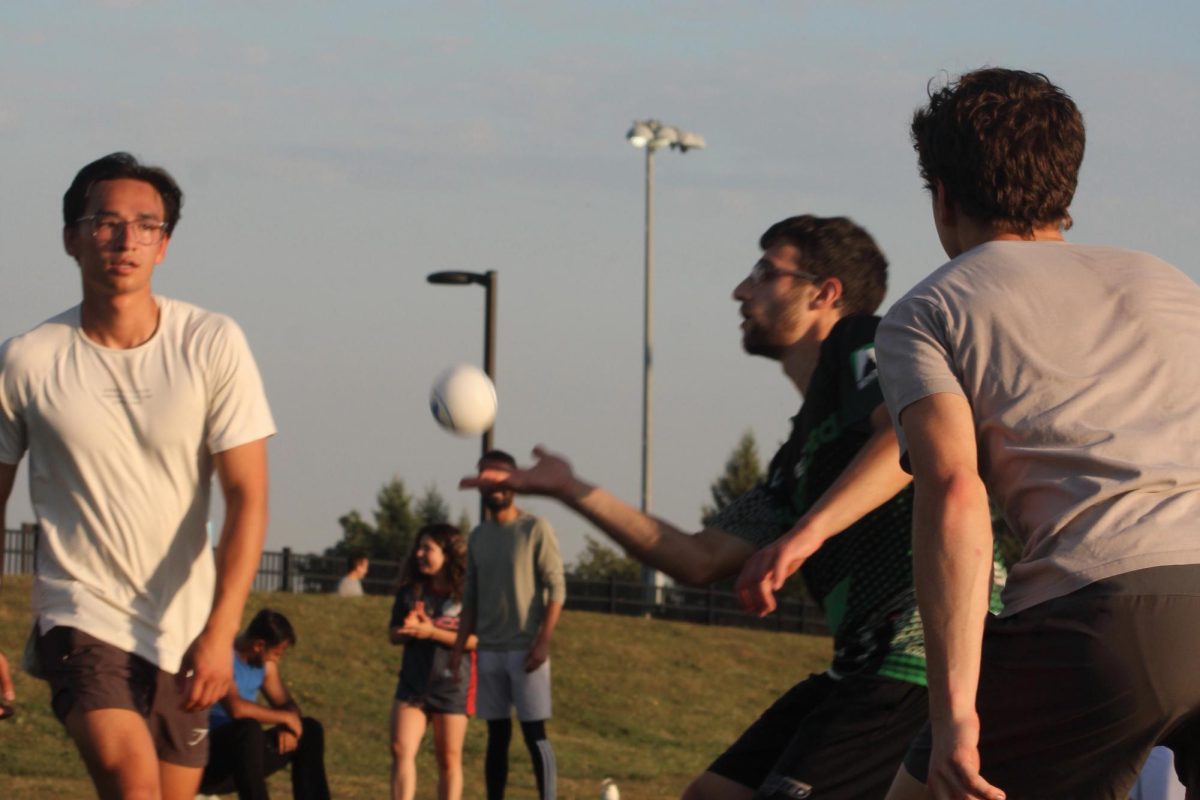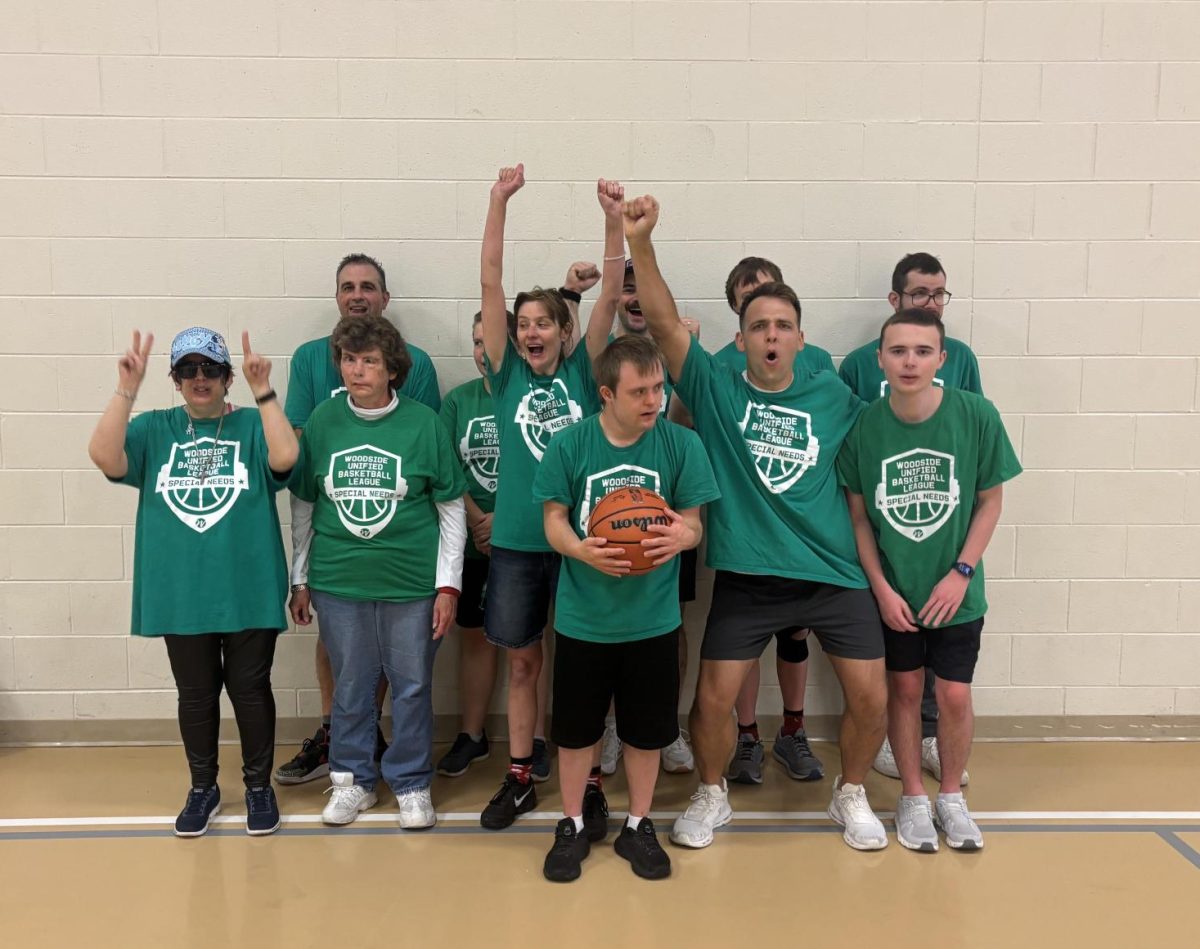On March 26, the Oakland University Political Science Department welcomed Jessica Green, a professor of political science at the University of Toronto, to campus for the annual Meadow Brook Lecture in International Affairs. Green served as the keynote speaker for the night, detailing the existential politics of climate change in her speech entitled “Why the Paris Agreement is Failing and What to Do About It.”
Before the lecture, several political science students and professors had an exclusive opportunity to have a private dinner with Green. Over the meal, Green was asked about the roots of her passion for researching environmental topics.
“I started getting interested in environmental policy when I was very young,” Green said. “The Rio Convention on Environment and Development really inspired me. In college, I saw all these conversations about climate and carbon pricing play out in think tanks and policy arenas.”
Following dinner, Green cued up her slideshow presentation in the ballroom of Meadow Brook Hall. Dozens of attendees filed into the space to hear Green’s lecture.
Green introduced her speech as a preview to a book she is working on, tentatively titled “The Existential Politics of Climate Change.”
“The motivation for this book came from the problem that I perceived while working on climate change [research] for the past two decades,” Green said. “Scholars and policymakers tend to think about climate change as a collective action problem.”
A collective action problem, according to Green, is a situation that requires countries to work together to solve an issue. Regarding the climate crisis, an “all-hands-on-deck” approach is typically considered the best approach to reducing greenhouse gas emissions and mitigating global warming.
“What this means is that we have to have an international treaty, sanctions, and ensure monitoring and enforcement–or else, we have the problem of free-riding,” Green said. “This was the prevailing wisdom. But, for decades now, multilateral cooperation – starting with the 1992 United Nations Framework Convention on Climate Change, up through the 2015 Paris Agreement — have failed to make a dent in the issue.”
This lack of progress on climate change following these agreements led Green to consider whether scholars and policymakers are thinking about the issue of climate change in the wrong way.
“We have misdiagnosed climate change as a collective action problem,” Green said. “So, why is the Paris Agreement failing? Because free riding is not the primary obstacle to cooperation. The political challenge underlying climate change is distributional.”
The problem, Green says, is the fundamental agonism of climate change. In other words, climate change is going to create winners and losers.
Green believes that this problem manifests in a fixation on tons. The international community is focused on climate offsets and carbon trading, intent on solving the issue of climate change through formulaic means. Green argues that this mathematical, technical approach to rectifying climate change is unsustainable.
“We have seen many notable news sources, like The Guardian, publishing reports that many climate offset projects do not represent additional reductions [in greenhouse gas emissions],” Green said. “This is a way for companies and regulated entities to cover their butts and balance their emissions books, without actually reducing emissions.”
Green suggests a new approach to climate change. Instead of fixating on tons, Green suggests that the international community focus on regulating dollars.
“Fixating on tons is not working,” Green said. “Existential politics means that we cannot cooperate with fossil asset owners to address the climate crisis.”
To create lasting positive change in the midst of the climate crisis, Green believes it is imperative that the global community recognize the asset revaluation conflicts inherent in decarbonization and implement policies that lessen the power asymmetries between fossil and green asset owners.
To learn more about Green and her research, please visit her webpage on the University of Toronto website.






